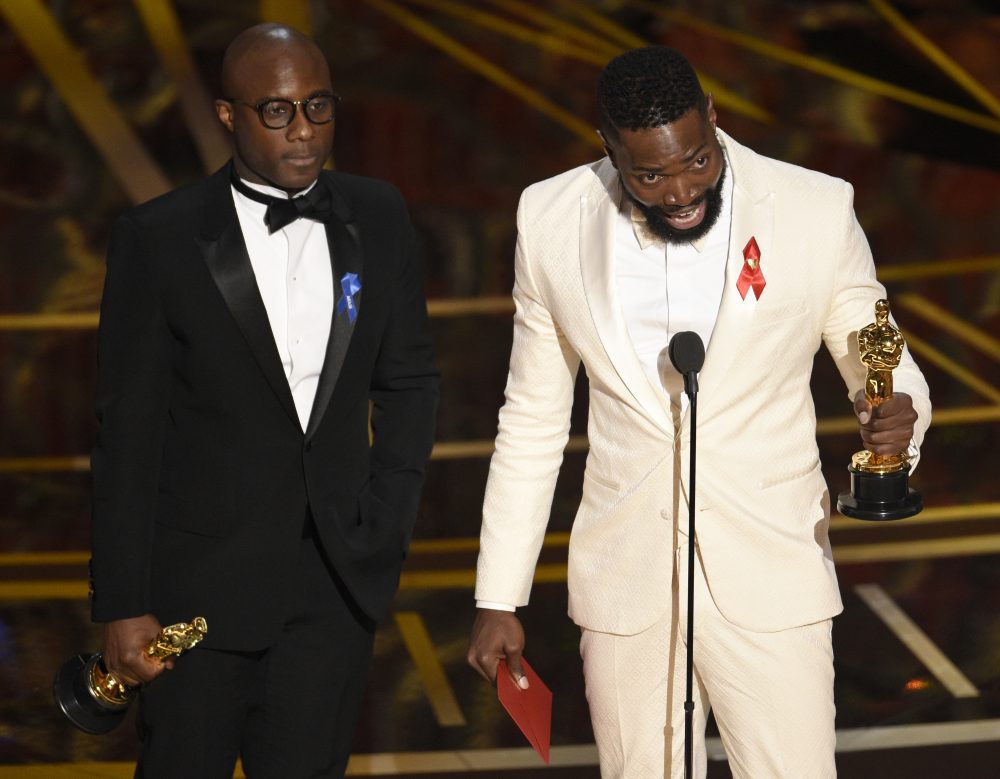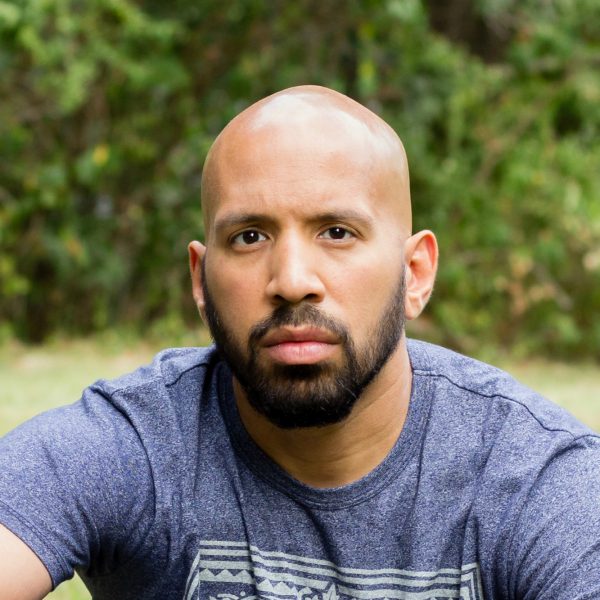Advertisement
COMMENTARY
After 'Moonlight,' We Need More Black Writers Telling Diverse Stories

It was a historic night. "Moonlight" shined. But there’s history yet to be made. Records yet to be broken. Stories left to be told.
With their Best Adapted Screenplay win on Sunday night, "Moonlight" writers Barry Jenkins and Tarell Alvin McCrarey received only the third Oscar awarded to African-Americans in that category in the academy’s history. Past winners included Geoffrey Fletcher for "Precious" in 2009, and John Ridley for "12 Years a Slave" in 2013. Additional black nominees for Best Adapted Screenplay included Lonne Elder III, nominated in 1972 for his adaptation of "Sounder," and Charles Fuller, for "A Soldier’s Story" in 1984, though neither won.
Since the first Oscars were awarded in 1929, apparently only three African-American writers have been nominated for Best Original Screenplay. Suzanne de Passe was nominated for "Lady Sings the Blues" in 1972 (de Passe was also the first black woman to be nominated for screenwriting). In 1989, Spike Lee was nominated for "Do the Right Thing." The last nomination for an African-American in the category came 26 years ago, when John Singleton garnered the nod for his original script for "Boyz n the Hood," in 1991. None of these writers won. No African-Americans have been nominated in the category since.
Nine writers. Three awards. In 87 years.
These successes are a beauty to behold, and are reason to celebrate. But we must be wary; we must be vigilant.
In response to outcry over the all-white acting nominations in 2016, the academy pledged changes to their ranks: to increase the diversity of their membership in both race and gender by the year 2020. Morgan Freeman, in a 2016 interview with USA Today, stated that change needed to come far before voting for the Oscars took place; that the Oscars was where the struggle ended, not where it began.
“I personally would try to encourage and do try to encourage writers. We need writers," he said. “ ... Let’s start telling more diverse stories.”
But there is a groundswell. "Hidden Figures" dominated the box office, at one point toppling the megalith Star Wars franchise’s "Rogue One." Raoul Peck’s James Baldwin documentary, "I Am Not Your Negro," has reignited the author’s relevancy for another generation at a time when his words are needed most. And "Get Out," written and directed by Jordan Peele of Key & Peele acclaim, opened to more than $30 million in ticket sales and the coveted 100 percent rating from critics on the aggregation site Rotten Tomatoes.
Advertisement
These successes are a beauty to behold, and are reason to celebrate. But we must be wary; we must be vigilant. The election and re-election of President Obama gave rise to the hopeful, but deluded, “post-racial America” storyline. As writers and artists, we cannot allow ourselves to take our eyes off the ball in the same fashion we did in that optimistic glow. Some, like our current president, deem fit to dismiss the arts as shallow and unnecessary. Yet books and films aren’t mere escapism, though lately, we’re certainly justified to a bit of that. They serve as a mirror of our stories, both of the ills and wonders of our historically disenfranchised world. They give voice to the voiceless, courage to the fearful, hope to the hopeless, and truth to our own narrative.
"We need writers.”
But this story is too often told by those to whom it does not belong. However, in the words of Sam Cooke: "It’s been a long time coming, but I know a change is gonna come."
And we have them. In some sense, Mr. Freeman’s well-intentioned call-to-action gives the impression that somehow there are stories-in-waiting, stories not yet written; that somehow there aren’t enough writers out there telling diverse stories in their #ownvoices. A simple search of that hashtag will prove that we don’t need to start telling them. We’ve already started. But we need more.
This passage from Baldwin's essay, “Many Thousands Gone,” in "Notes of a Native Son," is featured prominently in the trailer of Peck's documentary: “The story of the Negro in America is the story of America — or more precisely, it is the story of Americans.” But this story is too often told by those to whom it does not belong. However, in the words of Sam Cooke: "It’s been a long time coming, but I know a change is gonna come."
Let the energy of our celebrations drive us to work harder still. Let each success serve as a benchmark, another pinnacle to be reached, another record to be broken, until inclusivity isn’t a catchphrase, until the number of diverse Oscar winners and Pulitzer Prize winners and National Book Award winners is not newsworthy because of who wrote the books and screenplays or who filmed and acted in the movies. Let them be noteworthy because of their beauty, their excellence of craft and their ability to tell unflinchingly the stories of all those who make up this country, to tell stories that allow each of us to see ourselves reflected in those narratives, while providing us a window into the lives of others. Let the stories be stories of Americans.
History was made on Sunday night. Let us continue to write our stories with "Moonlight" illuminating our way.
